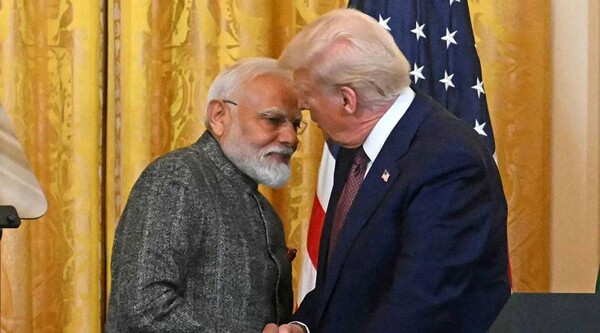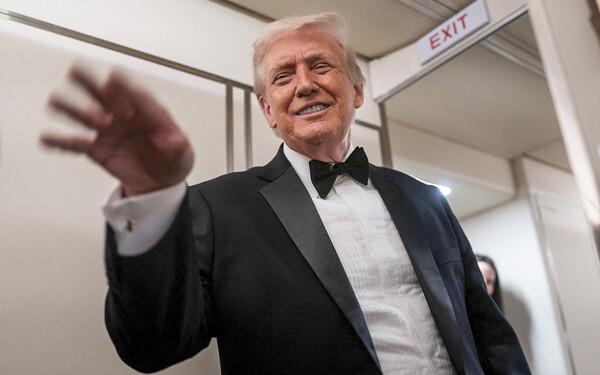
President Donald Trump has instructed his administration to resume tariff investigations on countries that impose taxes on American firms. Canada and Mexico have received a brief reprieve from the original February 1 deadline for the tariffs due to their efforts to enhance border security, tied to a national emergency declaration. Despite these measures, the tariffs could still be imposed and would affect over $918 billion worth of U.S. imports, including automobiles and energy products, potentially disrupting the integrated North American economy.
In response to questions about whether Canada and Mexico have done enough to avoid the 25% U.S. duties, Trump has not shown a willingness to reconsider. There has been no public response from the White House, U.S. Trade Representative’s office, or the Commerce Department regarding ongoing negotiations leading up to the March 4 deadline.
Following the initial threat of a 25% tariff and the imposition of a 10% duty on all Chinese imports, Trump has announced additional tariff measures that could further complicate border negotiations, scheduled to take effect on March 12. These new tariffs would apply to imports of automobiles, pharmaceuticals, and semiconductors, aligning U.S. duty rates with those of other nations.
President Trump has reiterated that tariffs on Canadian and Mexican imports are proceeding as planned, disregarding efforts by both countries to strengthen border security and combat issues like fentanyl trafficking into the U.S. The automotive industry is expected to be particularly impacted by the tariffs, and discussions between the U.S. and its neighbors continue, with the threat of retaliatory tariffs looming.
Despite recent talks described as constructive by Mexican Economy Minister Marcelo Ebrard and ongoing high-level discussions on border security between Trump and Canadian Prime Minister Justin Trudeau, the tariffs are on track to be implemented. Trudeau has even discussed imposing retaliatory tariffs on U.S. imports, potentially accelerating the renegotiation process of the USMCA agreement set for review by 2026.
The countries have made notable advancements in border security measures, such as Mexico deploying thousands of national guard troops and Canada appointing a senior intelligence official to combat fentanyl smuggling. Yet, the ultimate decision on whether to proceed with the tariffs will depend on the effectiveness and tangible results of these efforts in securing the borders, according to trade lawyer Dan Ujczo.














